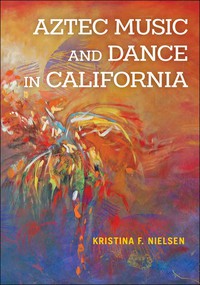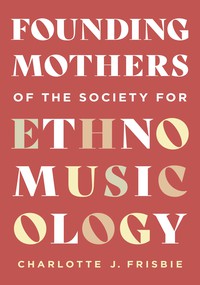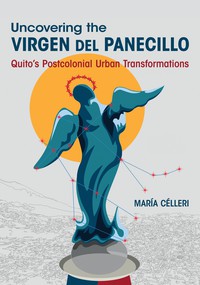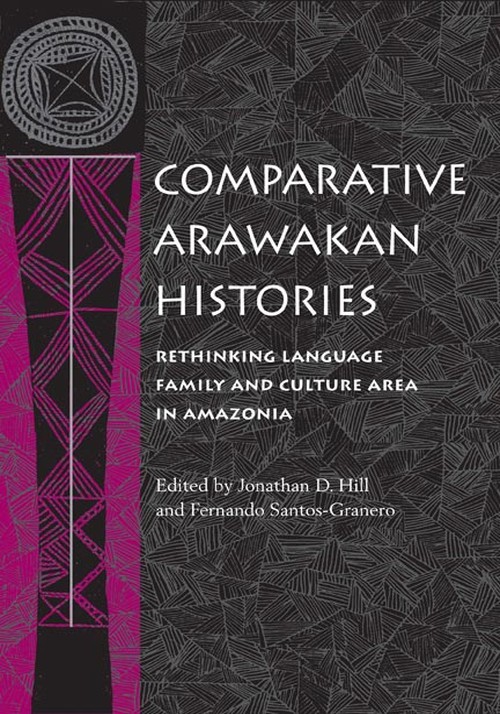
Comparative Arawakan Histories
Rethinking Language Family and Culture Area in Amazonia
Ethnologists, historians, and anthropologists on contemporary Arawakan cultures
Paper – $32
978-0-252-07384-7
eBook – $19.95
978-0-252-09150-6
Publication Date
Paperback: 01/01/2007
About the Book
Before they were largely decimated and dispersed by the effects of European colonization, Arawak-speaking peoples were the most widespread language family in Latin America and the Caribbean. They were also the first people Columbus encountered in the Americas. Comparative Arawakan Histories examines social structures, political hierarchies, rituals, religious movements, gender relations, and linguistic variations through historical perspectives to document sociocultural diversity across the diffused Arawakan diaspora.Contributors: Sydney Da Silva Facundes, Peter Gow, Michael J. Heckenberger, Jonathan D. Hill, Alan Passes, France-Marie Renard-Casevitz, Fernando Santos-Granero, Silvia M. Vidal, Neil L. Whitehead, Robin M. Wright, Alberta Zucchi,About the Author
Jonathan D. Hill is professor emeritus in the Department of Anthropology at Southern Illinois University at Carbondale and the author of Keepers of the Sacred Chants: The Poetics of Ritual Power in an Amazonian Society. Fernando Santos-Granero is a scientist at the Smithsonian Tropical Research Institute in Panama. He is the author of The Power of Love: The Moral Use of Knowledge amongst the Amuesha of Central Peru and editor of Images of Public Wealth or the Anatomy of Well-being in Native Amazonia.Also by this author
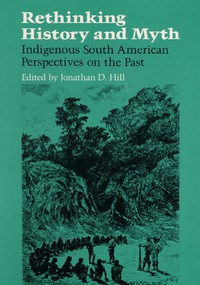
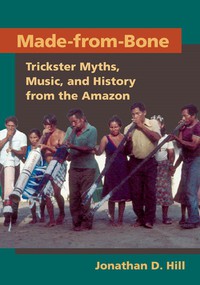
Reviews
"This volume is a true treasure house for all those interested in South American indigenous ethnology for being highly informative, rich in details, and really interdisciplinary. Another very positive aspect is that the single contributions are interrelated and refer one to the other, producing a high level of coherence rarely achieved by volumes of this kind."--Peter Schröder, Anthropos InstitutBlurbs
"Unlike the Tupian and Cariban people of South America, little is known about the Arawakan diaspora as a cultural system. A tour de force of scholarship by individuals at the very cutting edge of their subdiscipline, Comparative Arawakan Histories provides a myriad of new insights into native life and breaks long-held stereotypes about relationships among language, culture, and ethos."--Norman Whitten, author of Patterns Through Time: An Ethnographer's Quest and Journey

